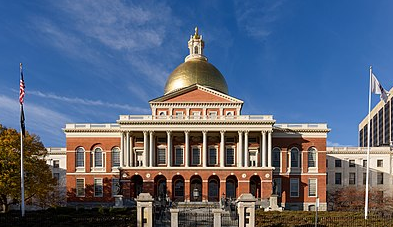April 1, 2013 – By John Kamp, Executive Director, Coalition for Healthcare Communication
While not directly about communication and marketing, last week’s oral argument in the U.S. Supreme Court in FTC v. Actavis regarding ANDROGEL could create a significant bottom line hit to our businesses. A decision against pharma would further shorten the patent protection period on many branded drugs.
Here is a quick summary of the important legal and practical issues and what to watch for as the decision moves to Congress.
1. If the Supreme Court agrees with the Federal Trade Commission that “pay for delay” settlements are presumably illegal, they will nearly halt.
2. The Supreme Court is not deciding here what the Constitution means – where they have final authority – but only is deciding what the current commercial statutes require. Even if the Supreme Court agrees with pharma that such settlements are presumed valid under the existing antitrust and competition laws, Congress could invalidate that presumption by changing the law. Three such proposals have already been introduced.
3. The legal struggle is over three legal principles. Laws favor all three – patent protection, settlements over litigation, and vigorous competition. There are no easy choices here for the Supreme Court.
4. The biopharma industry seems to have the legal advantage. The FTC has struggled for more than a decade just to get this case to the Supreme Court and has lost more challenges on the way than it has won. The law supports settlements over litigation, even in antitrust cases. Further, one Justice recused himself, requiring the FTC to get five votes out of eight to prevail.
5. Also, Justice Kennedy, often seen as the swing vote, suggested during oral arguments that if Congress made a drafting mistake enabling these settlements in the Hatch-Waxman statute upon which the decision rests, it is up to Congress, not the courts, to change the law.
6. However, the FTC argued vigorously that the “pay for delay” drug patent settlements create extraordinary profits for the private companies. Further, it argued, these harm consumers much more than in any other antitrust settlement situation. The FTC asserted that the settlements create a legal anomaly whereby the generic challenger can make more money by settling than by winning and marketing the generic product. That’s because the settlement protects the monopoly pricing rather than speeding competition and lower prices to consumers.
7. Pharma faced tough questioning from skeptical judges, but so did the government. There is a good chance that the Supreme Court will support settlements in its decision, but either way, Congress can change the Hatch-Waxman statute to disfavor them.
8. Meanwhile, the populist policy and politics favors drug cost savings, especially in the face of escalating healthcare costs and the need to control the growing deficit. Although the law seems to favor pharma, especially with the more conservative justices, the politics of less expensive drugs may be tougher, especially as the case moves to Congress.
9. Don’t count the industry out yet. Biopharma and device companies have an unusual ally in this fight: generic drug companies and their associations. Also, the Pharmaceutical Research and Manufacturers of America (PhRMA) and its allies have had some recent success reminding Congress that innovative drugs require patent protection and the profits that brings to rebuild drug pipelines and enable the advance of modern medicine. Laws flying in the face of that common sense argument are not slam-dunks.
Stay tuned.



